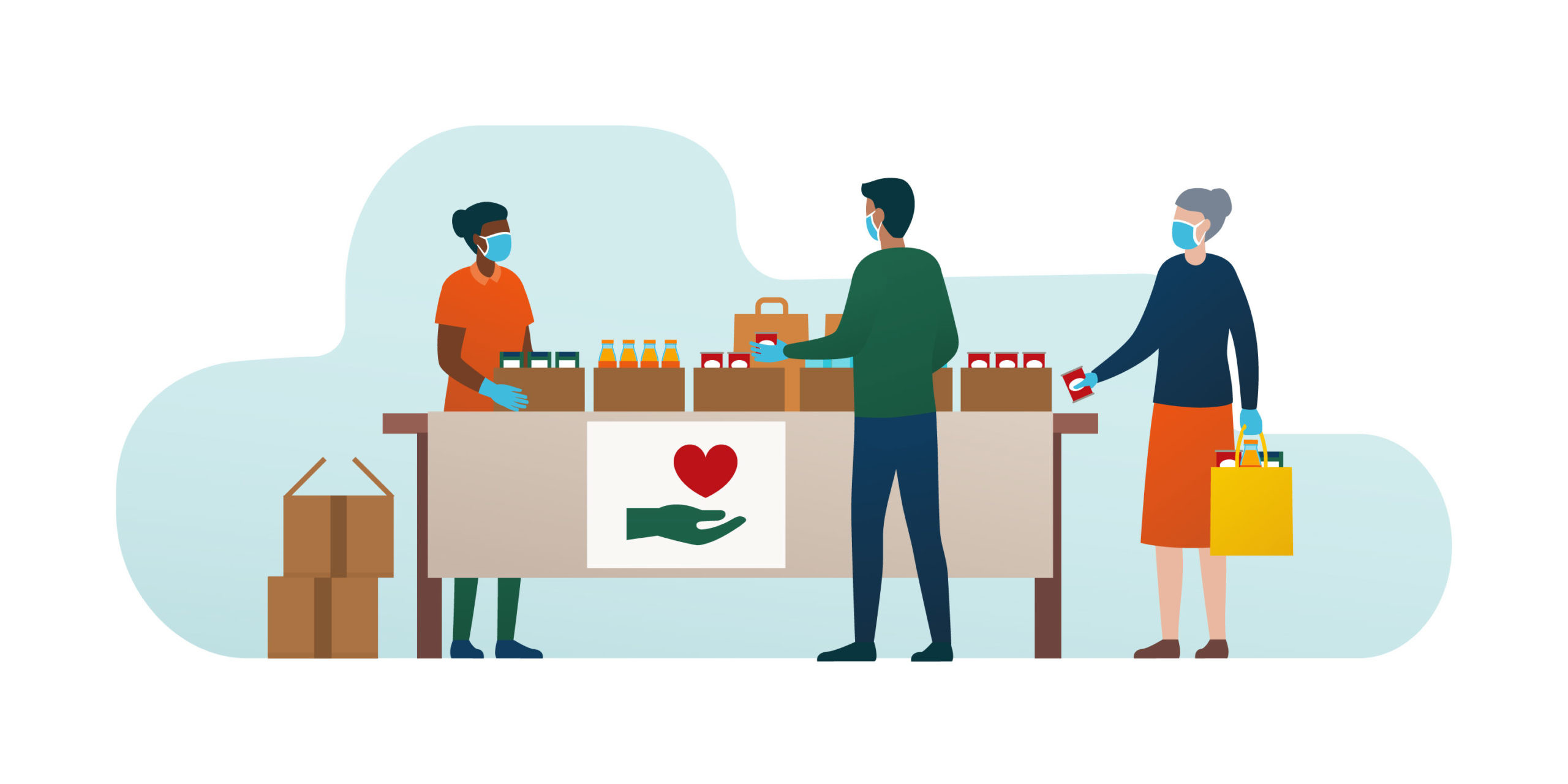
What are somatic workouts?

How to curb your stress eating

How to spot Parkinson’s disease symptoms

8 simple ways to reduce ultra-processed foods in your diet

Heart failure symptoms in women: How they’re different

GERD diet: Foods to avoid to reduce acid reflux

Strong is the new skinny

Everyday habits that sneakily weaken your bones

Don’t wait to get help for back pain

Correcting how you walk may ease osteoarthritis knee pain
Nutrition Archive
Articles
Supplemental nutrition drinks: help or hype?
Photos Courtesy of Manufacturers |
These heavily marketed liquid meals and nutrition shakes aren't always the best option for your health. Here's what you need to look for.
Supplemental nutrition shakes and drinks can be helpful for people who struggle with a loss of appetite, have difficulty chewing, have trouble preparing balanced meals, or are recovering from surgery or an illness. But these nutrition shakes aren't magic bullets for nutrition. "The danger is that people see a lot of minerals and vitamins and think more is better," says geriatrician Dr. Suzanne Salamon, an assistant professor at Harvard Medical School. "If you use the drinks as meal substitutes that might be okay. It's not okay to eat a full meal and then drink a supplement, unless the goal is to gain weight or stop weight loss. It's too many calories."
The nutrition drinks
Supplemental nutrition drinks provide a healthy balance of protein, carbohydrate, and fat. There are hundreds of varieties that fall into two general categories.
Diverticular disease of the colon
Diverticular disease develops due to a lack of dietary fiber, and is most common in the elderly, but many people never realize they have it because there are few symptoms.
Food insecurity, COVID-19, and eating disorders
The COVID-19 pandemic shone a light on disparities in health care and socioeconomic status, and drove food insecurity to an all-time high, particularly in communities most affected by the virus. Research shows links between food insecurity and eating disorders like bulimia and anorexia.
Just a half-tablespoon of olive oil a day may help the heart
Research we're watching
Most of the evidence supporting olive oil as a heart-healthy fat comes from people living in Mediterranean countries, where olives are abundant. On average, Americans don't consume much olive oil. But those who swap in even a little olive oil to replace less healthful fats appear to lower their risk of heart disease, a new study finds.
Researchers relied on health and diet data from nearly 93,000 adults in two studies beginning in 1990. Over the next 24 years, there were nearly 10,000 cases of heart disease in the group. After adjusting for other dietary habits, age, and other heart-related risks, the researchers found that people who consumed at least a half-tablespoon of olive oil a day had a 14% lower risk for heart disease compared with people who used no olive oil.
Low calorie, but high risk?
Are artificial sweeteners benign or a threat to your long-term health? A recent study adds a new element to the debate.
Artificial sweeteners seem to offer a tantalizing free pass to dessert. These low- or no-calorie additives taste like sugar, but your body can't absorb them the same way it does natural sugars. You get the taste without the calories, which should mean that you can eat them guilt-free. Right?
Over the years, experts have increasingly questioned whether artificial sweeteners are too good to be true. Are they really your ticket to a low-calorie treat — or will you wind up getting your just desserts for trying to outsmart Mother Nature?
5 Internet recommendations for joint pain: Do they work?
Some ideas seem reasonable, but that doesn't mean they'll help.
People increasingly consult the Internet about medical problems. If you're looking for approaches to relieve joint pain and inflammation caused by wear and tear (osteoarthritis) or an immune system attack (such as occurs in rheumatoid arthritis), you may find methods that sound promising and even sensible. But will they work? Here's advice on five pain relief methods commonly touted on the Internet.
1. Music therapy
Listening to music can evoke powerful emotions that help people relax or heal, which is the basis of music therapy. Research has found that music therapy is associated with less anxiety before surgery or during chemotherapy, and better functioning during physical rehabilitation.
High intake of berries, apples, and tea linked to lower dementia risk
News briefs
Plants are loaded with naturally occurring chemicals that appear to help health. And high, long-term intakes of certain kinds of plant chemicals called flavonoids are associated with a reduced risk for developing dementia, according to a study published online April 22, 2020, by The American Journal of Clinical Nutrition. Researchers evaluated the health information of 2,800 dementia-free people (average age 59) who periodically underwent physical exams, had lab tests, and answered diet questionnaires. After 20 years, people who had reported the highest flavonoid intake were about 40% less likely to develop dementia, compared with people who'd reported the lowest intake. There are many different types of flavonoids; those with the greatest link to lower dementia risk came from tea, apples, pears, blueberries, and strawberries. A high intake was about the same as having 7.5 cups of berries, eight apples or pears, and 19 cups of tea per month. A low intake was about the same as having no berries or tea and less than two apples per month. The study was observational and doesn't prove that high flavonoid intake protected people from developing dementia. But researchers say other evidence suggests flavonoids may ward off brain inflammation and protect brain cells.
Image: © Slava Olshevskaya/Getty Images
Grain of the month: Barley
You may be familiar with the claims featured on packages of old-fashioned oatmeal, which note that "As part of a heart-healthy diet, the soluble fiber in oatmeal can help reduce cholesterol." Guess what? Back in 2008, the FDA also approved the equivalent health claim for barley products.
In fact, barley contains about three times as much fiber per serving as oats. Barley is particularly rich in a type of soluble fiber known as beta glucan, which is recognized for its cholesterol-lowering abilities. Barley is also a good or excellent source of several vitamins and minerals.
Envisioning food security: Steps we take now can help
Along with historically high unemployment rates, the COVID-19 pandemic has caused a significant increase in food insecurity for millions of Americans, and this problem disproportionately affects lower-income people and racial and ethnic minorities. Temporary measures have helped a bit to ease the situation, and new proposals could do more.

What are somatic workouts?

How to curb your stress eating

How to spot Parkinson’s disease symptoms

8 simple ways to reduce ultra-processed foods in your diet

Heart failure symptoms in women: How they’re different

GERD diet: Foods to avoid to reduce acid reflux

Strong is the new skinny

Everyday habits that sneakily weaken your bones

Don’t wait to get help for back pain

Correcting how you walk may ease osteoarthritis knee pain
Free Healthbeat Signup
Get the latest in health news delivered to your inbox!
Sign Up











